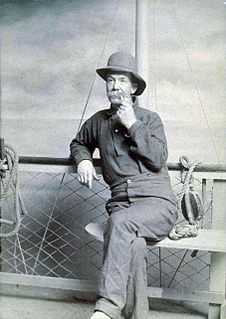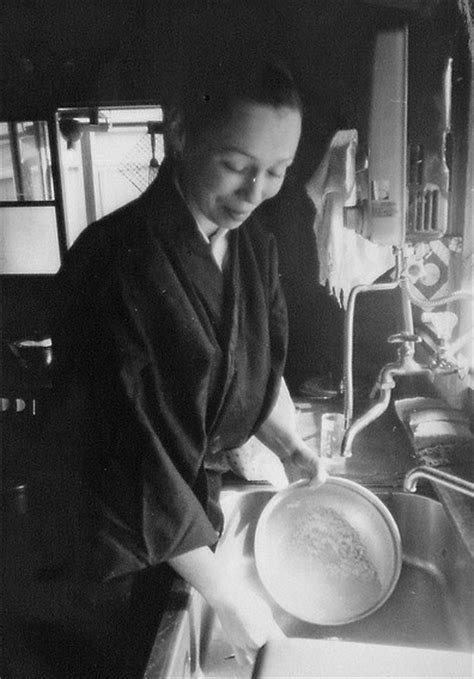A Quote by Nhat Hanh
The source of love is deep in us and we can help others realize a lot of happiness. One word, one action, one thought can reduce another person’s suffering and bring that person joy.
Related Quotes
Happiness and joy comes to you when it moves through you. There is no other pathway--and that's the miracle. You will have a number of opportunities in the days just ahead to be a vehicle of happiness and joy for another. Step right into that. Be the source of that. As you bring others to a smile, so, too, will you bring yourself. The method is foolproof.
To help us bring benefit to others through our words and actions, it is useful to cultivate an attitude of sympathetic joy in others’ achievements and good fortune. This attitude is a powerful antidote against envy, which is not only a source of unnecessary suffering on the individual level but also an obstacle to our ability to reach out and engage with others.
I think the beauty of the film industry is that if another person tries to become another person or act like another person or imitate another person, they don't really get too far. When that person starts to realize who they are and what they can bring to the table, they start to blossom and grow. With that, it's not so much me looking towards my predecessors who have paved the way in the industry - it's more getting inspired. I get little bits and pieces of what I can take from any and everybody.
The life of a family is filled with beautiful moments: rest, meals together, walks in the park or the countryside, visits to grandparents or to a sick person... But if love is missing, joy is missing, nothing is fun. Jesus gives always gives us that love: he is its endless source. In the sacrament he gives us his word and he gives us the bread of life, so that our joy may be complete.
The difference between shallow happiness and a deep, sustaining joy is sorrow. Happiness lives where sorrow is not. When sorrow arrives, happiness dies. It can't stand pain. Joy, on the other hand, rises from sorrow and therefore can withstand all grief. Joy, by the grace of God, is the transfiguration of suffering into endurance, and of endurance into character, and of character into hope--and the hope that has become our joy does not (as happiness must for those who depend up on it) disappoint us.
In our concern for others, we worry less about ourselves. When we worry less about ourselves an experience of our own suffering is less intense. What does this tell us? Firstly, because our every action has a universal dimension, a potential impact on others' happiness, ethics are necessary as a means to ensure that we do not harm others. Secondly, it tells us that genuine happiness consists in those spiritual qualities of love, compassion, patience, tolerance and forgiveness and so on. For it is these which provide both for our happiness and others' happiness.
Training is needed in order to love properly; and to be able to give happiness and joy, you must practice DEEP LOOKING directed toward the other person you love. Because if you do not understand this person, you cannot love properly. Understanding is the essence of love. If you cannot understand, you cannot love. That is the message of the Buddha.
We are beset by problems and if we look for their source, we find they arise because of our selfishness, because we tend to pursue our own interests at the expense of others. Our various religious traditions exist to help us reduce these problems. They all teach ways to overcome suffering through cultivating love and compassion, tolerance, patience and contentment.
























